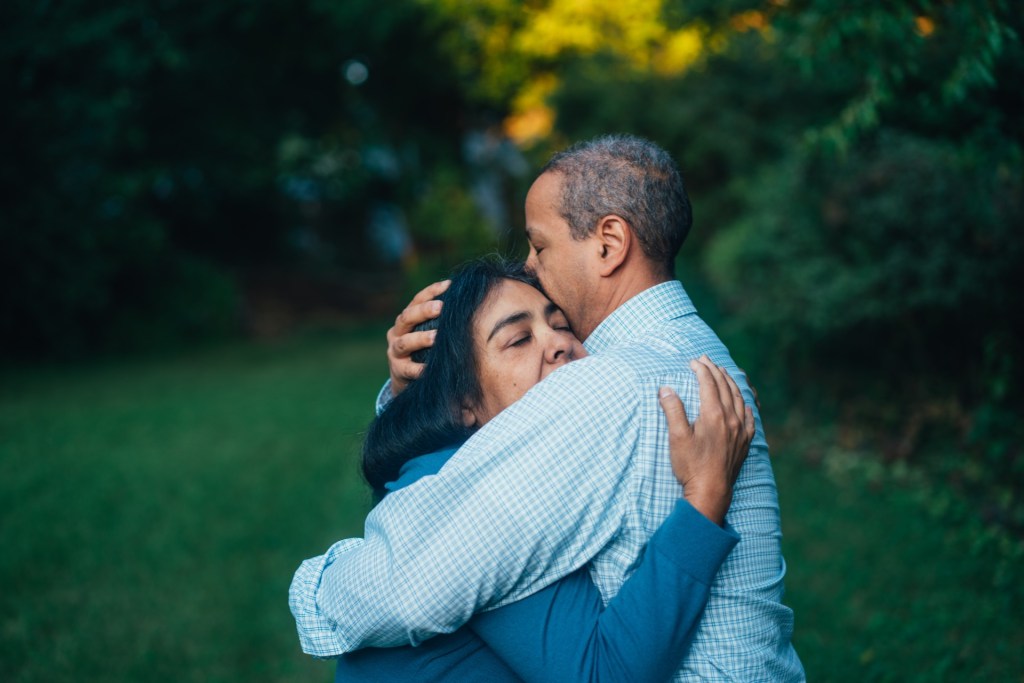Losing a child – at any age – is an incredibly painful and gut-wrenching experience. When bringing them into this world, no parent is fully prepared on how to raise their child just right, let alone be prepared for the possibility of losing them – whether abruptly or otherwise. The loss of a child, and the kind of anguish that follows a parent after the fact, can create distance between friends and family members, often centered around not knowing how to support a bereaved parent.
Many people struggle with the idea of death and are unsure on how to approach those types of situations with others, especially centered around what to say to the bereaved parent as to not hurt or offend, but instead support and lift up. If you or someone you know has recently lost a child, here are some ideas that will help you find the right words – or actions – to offer in sad circumstances such as this.
Child loss is not an event, it is an indescribable journey of survival.” -Unknown
What to do for a parent who lost a child
Do’s
When it comes to approaching a parent who has lost a child – at any point, and at any age – it’s important to remain as empathetic as possible. Each individual grieves differently, and in their own way. The key thing to keep in mind is, there’s no right or wrong way to process the loss of a child. There are, however, ways in which friends and family can support the bereaved parent, ways to approach such a devastating situation, and how to do it well, without causing additional stress or pain for the parent(s).
- Be present – After the death of a child, parents need more support than ever – and not just getting through the events that follow a death. Funeral services, obituaries and remembrance gatherings are difficult situations, but they are temporary. Parents need support after all the events are over, and life without their child must begin. Being available to talk – or just listen – is often what grieving parents look for from their loved ones.
- Offer assistance – Getting back to regular life after losing a child can seem unimaginable. How is it possible to go on living without a piece of yourself? Mundane things such as housework and chores are ways in which friends and family can physically support and help a grieving parent, by lightening their load. Sometimes the relief of knowing their home is tidy is enough for parents to relax a little.
- Encourage open discussion – While it may seem strange – and in some cultures, taboo even – to walk to talk about the lost child, doing so can open the door to an honest discussion about loss, grief, and recovery. It often can be just the thing a mourning parent needs to do, letting go of the hurt and pain they are carrying.

Don’ts
Sadness and grief are never easy to deal with, on any side. It doesn’t matter if you are the one currently grieving the loss or if it’s someone else, the deep-seated pain remains. That is why it’s so inherently critical that the action taken by the support person be genuine and well planned. These are important things to not do or say to a parent in mourning:
- Say the wrong thing – Even though you may feel your words are well-meant, phrases such as “They’re in a better place now,” or “I know how you feel” do nothing for the situation other than to generalize the mourning parents’ grief.
- Generalize or overshadow their grief – Telling stories of similar events or situations may seem like a good idea, perhaps to show the mourning parent that life can go on. However, statements and stories of this nature do not add any real substance to the conversation and may intensify the feelings of loss.
- Ignore the other parent – Sometimes it’s forgotten that when a child is lost that both parents will grieve. By supporting and encouraging both parents to talk, cry, scream, or process in whatever healthy way they need to, both are given an opportunity to alleviate their pain and grief.

The amount of unspeakable pain, grief, and sadness that surrounds the loss of a child is immeasurable. Each parent deals with the loss in many different ways. They will lean on each other for support but will also require support and love from their friends and family to make it through to the side of healing. If nothing else, simply offering a hand to hold in theirs can be just what the time calls for in those melancholic times. By lifting up and consoling grieving parents in the right ways, you are quietly showing them that life can go on, even after something tragic.
Editors' Recommendations
- Why do babies growl? Understanding your little one’s weird sounds
- The ultimate nursery checklist of everything you need (and nothing you don’t)
- Heads up, 7 up: What’s the game and how to play it
- How much water should a 1-year-old drink? What you need to know
- What is a baby sprinkle (and how to plan a great one)



